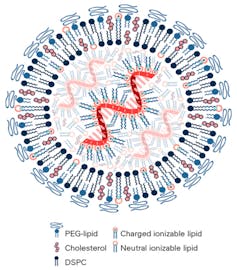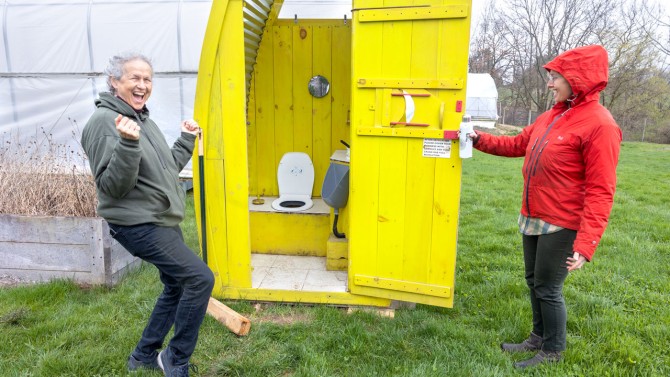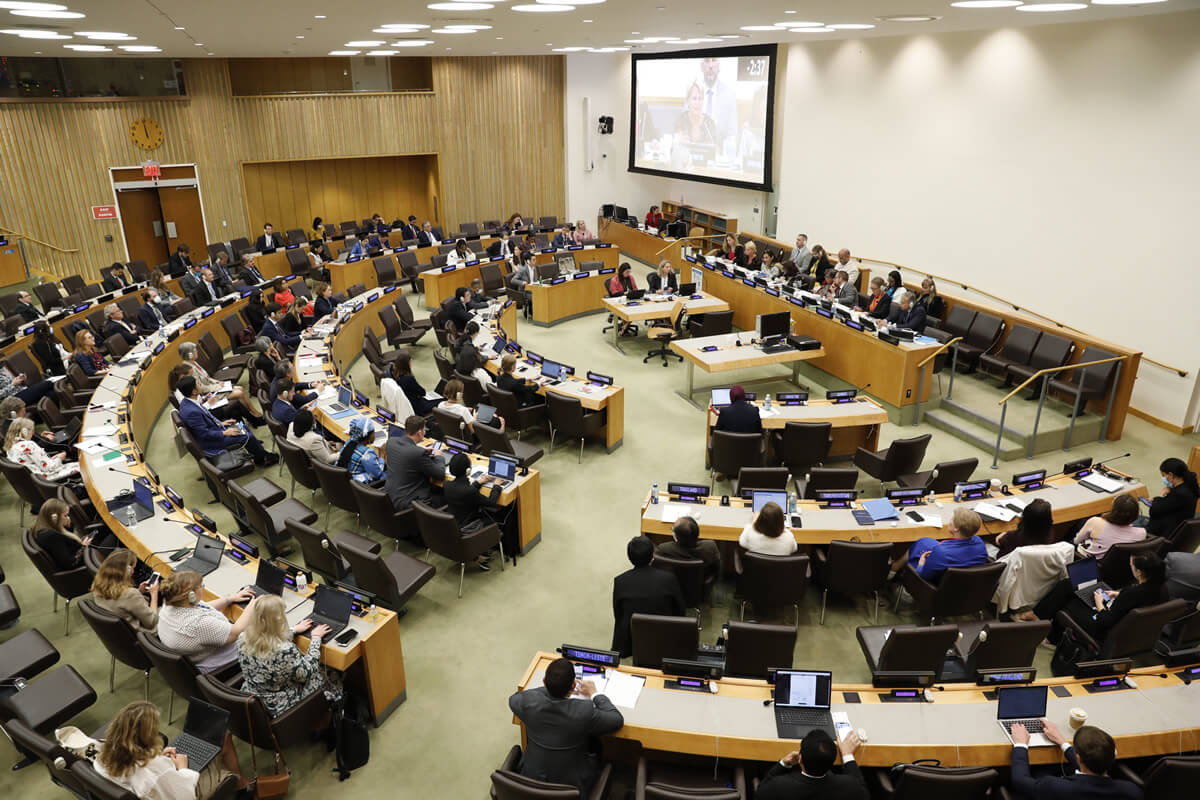Interview with Patricia Karvelas on ABC Radio National Breakfast
Patricia Karvelas: After months of promising to act on rising energy prices, the Federal Government has revealed how it hopes to drive prices down. It’s hoping to temporarily cap the prices of gas and coal but it’s still got some legislative hurdles to overcome. And the peak body representing the gas sector says the government’s intentions go further than first realised and would allow it to control the coastal gas market. Samantha McCulloch is Chief Executive of the Australian Petroleum Production and Exploration Association. Welcome to Breakfast.
Samantha McCulloch: Good morning Patricia, thanks for having me.
Karvelas: Energy Minister Chris Bowne has told gas producers to accept the new regime to govern Australian gas under Australian soil because the industry had a social licence that meant it could not expect to charge its high export prices in the domestic market. Isn’t he right?
McCulloch: Look let’s just be clear that the prices we are seeing in the domestic gas market are much, significantly lower than export prices. The gas industry, like other parts of the economy, we want to see relief for Australian households, we want to see relief for vulnerable manufacturers. But the reforms that we saw announced on Friday evening will ultimately make the situation worse. They practically dismantle the Australian gas market…
Karvelas: I’ve got to interrupt… you say you want relief. What kind of relief would you support then because you haven’t really been telling us how you’d bring prices down. You’ve been profiting at high levels throughout this whole crisis.
McCulloch: There is agreement that the key to bringing prices down will be more supply. What’s actually driving the higher prices at the moment is tightness in the market in terms of supply as well as domestically we’re seeing this volatility in terms of the demand for gas, particularly from the power sector. What we need to do to put sustained downward pressure on prices is bringing on more supply. But the reforms that were announced on Friday evening will do the opposite of that. They are far reaching and represent a dismantling of the gas market that will have a chilling effect on the investment needed to bring on that new supply. Ultimately, it’s going to make the situation worse for those Australian households and those Australian manufacturers.
Karvelas: So what’s your threat that you’re not going to put investments into the sector. What sort of investments are at risk?
McCulloch: No, it’s certainly not a threat. What we’re looking at is Australia has an open, market-based economy and that is fundamentally being unravelled with the reforms that are being proposed. This is not just a temporary, short-term measure around a price cap. This is ongoing regulation and control by the government of the gas market going forward.
Karvelas: Let’s be clear – it’s a one-year imposition.
McCulloch: There is also a regulated price now introduced into a mandatory code of conduct that is indefinite. So we are not just talking about a temporary price cap. We are talking about ongoing regulation of prices in the gas market. And this is a considerable concern to the industry and other commentators – we’ve seen the reports over the weekend – what this does is not recognise the risk profile of investments in the gas industry, having a regulated market return.
Karvelas: The minister says opponents of the plan are seeing war time prices. Is that what you’re members are doing – are you actually benefitting from war time prices?
McCulloch: When we look at the ACCC’s analysis of the gas market – and let me distinguish there is the wholesale market and the retail market, the gas producers sell into the wholesale market – and what we’ve seen in recent weeks is gas supply agreements. These are long term agreements that are struck between manufacturers for example and gas users and gas producers. We are seeing these deals being struck at competitive terms, long term deals. Just last week Santos and Brickworks announced an 11-year supply deal for gas that both parties were comfortable with. And the average price of those agreements being struck is around $12, a bit over $12. So this is not the sort of reporting that we’re seeing it’s like $50, $60 and the increase that we’re seeing the wholesale market is only around 11%. That is contrast to the retail market where we have seen increases of 95% yet the government’s announcements on Friday target the wholesale market exclusively.
Karvelas: But the gas price cap of $12/GJ would only apply to gas supplied by LNG producers to the domestic market beyond contracts. It is actually limited there?
McCulloch: It’s applying to the spot market and it’s applying to any new agreements struck during that 12-month period. But overlaying that of course is this additional measure of ongoing regulated prices determined by the ACCC for all agreements that are struck.
Karvelas: Let’s be clear, for LNG suppliers. The cap will apply to less than 5% of your production. Isn’t that right?
McCulloch: As far as I understand, this mechanism is going to apply across the east coast market…
Karvelas: But the cap will actually apply to less than 5% of the production. That’s the fact.
McCulloch: There’s more than that going into the domestic market currently.
Karvelas: How much more?
McCulloch: I haven’t seen the Treasury’s analysis of this. There has been no transparency around the modelling or the analysis that Treasury has done in terms of the application of this to the market. The key thing is though these types of reforms, these ad hoc interventions are creating uncertainty in the market that is not conducive to new investment, and the key to bringing down prices – government has acknowledged this – is bringing on more supply.
Karvelas: You can continue to make windfall profits on the spot market internationally, can’t you?
McCulloch: Let’s just be clear that most LNG…
Karvelas: But no – That’s a direct question. You can continue to make windfall profits?
McCulloch: There is strong demand for our LNG exports…
Karvelas: Yeah, there is and that’s not going to be affected, is it? I think we need to talk in facts to people.
McCulloch: Ok, let’s look at the facts. Seven percent of LNG exports are sold on the spot market off the east coast. Seven percent. Most of it is sold under long-term contracts that were struck years ago when these facilities were being developed. These are billion dollar investments. The industry has invested around $400 billion in Australia in the last decade and now what we’re seeing is a government that has come in and is changing the rules of the game. Now what we need to be focused on is providing conditions that allow for more investment and particularly more investment where the demands is in Australia, which is in the southern states. So currently 80% of gas being produced on the east coast of Australia is in Queensland but yet we are seeing the key demand centres are actually in Victoria and New South Wales.
Karvelas: Just before we let you go, just a couple of issues. You’ve had months to address this yourselves. Months. Why didn’t you do something yourself when all of the warnings were there?








